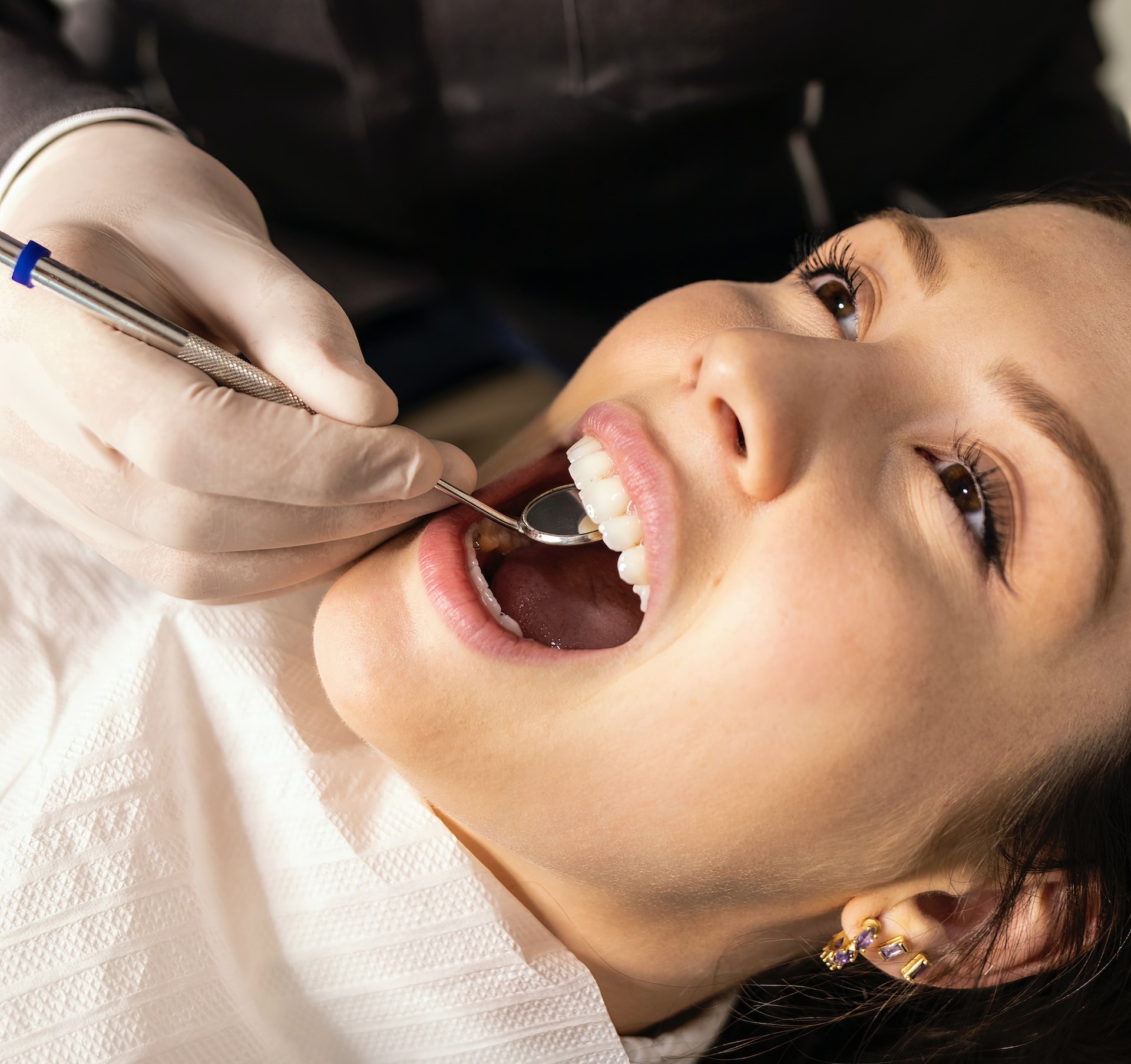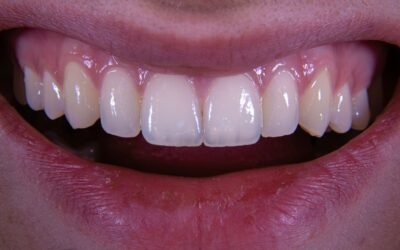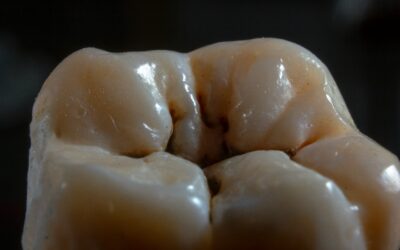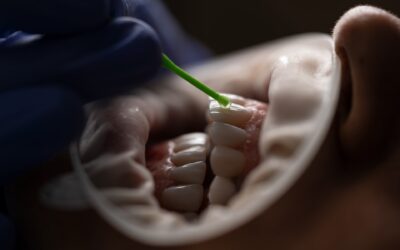Did you know that one in five people have a fear of the dentist?
Dental phobia, also known as dentophobia, is an irrational fear of dentists, dental procedures and or dental settings.
This anxiety can cause patients to avoid appointments and potentially worsen their oral health.
At Cheslyn Hay Dental Practice, we are passionate about making you feel as relaxed as possible when attending our practice and offer unique services for nervous patients. To understand your dental fears, it is important to know where they may have come from.
What Causes Dentophobia?
There are many reasons for anxiety surrounding the dentist, including:
- A painful experience which has led the brain to associate distress and discomfort with the dentist, therefore triggering anxiety
- The feeling of having no control can be a big factor in dental phobia. Many people feel vulnerable and unnerved by the uncertainty of lying back in the chair.
- Feeling embarrassed or self-conscious about the condition of your teeth and gums allows anxiety to grow, with patients feeling stressed and intimidated.
The good news is that dental phobia is totally reversible with the right strategies and support.
5 Best Ways to Combat Dentophobia
1. Communication
Choosing a dental practice you trust is the key to success. Be open and honest with the practitioner about your anxieties. Not only does this allow the dentist to tailor your treatment to your specific needs, but it also gives you a feeling of control. Establishing a positive relationship with your dentist encourages long-term care with regular appointments.
2. Bring a Support System
Going to the dentist alone may be fuelling your anxiety. Bringing someone for moral support will provide you with reassurance and emotional comfort. They can also keep track of information for post-procedure care or further reminders. After gaining more confidence, you will feel comfortable visiting the dentist alone.
3. Distraction Techniques
Distracting yourself is a good way to reduce anxiety. Listening to music or a podcast can distract your brain from any triggering dental sounds and sensations. Many people find visualisation helpful when in the dentist’s chair. Imagining a relaxing place shifts your attention from the procedure.
4. Building Up Gradually with Non-Invasive Treatments
Easing yourself back into the dentist’s chair will help alleviate anxiety. Starting with non-invasive treatments like white fillings or Invisalign will help rebuild trust and confidence with your dentist. This gradual exposure allows you to battle your dental fears at your own pace. You can recognise each successful visit as a positive milestone.
5. Consider Sedative Options
The most anxious patients may benefit from choosing sedative methods to help keep them relaxed in the chair. At Cheslyn Hay Dental Practice, we are one of few local dentists offering Dental IV Sedation for nervous patients.
How does IV sedation work?
This procedure involves the administration of a sedative directly into the bloodstream through an intravenous (IV) line.
It allows for a deeper relaxation and is suitable for longer, more invasive procedures such as tooth extraction and dental implants.
What are the advantages of dental IV sedation?
The dental sedation allows for a painless experience, addressing both the anxiety but also physical discomfort.
It also has an amnesia effect, meaning you will most likely not remember the procedure, which will help reduce anxiety over future visits.
Conclusion
Avoiding the dentist can be detrimental to your oral health.
It is important to get regular check-ups to avoid needing emergency care or complex treatment that may only worsen your anxiety.
Our team here at Cheslyn Hay Dental Practice is committed to ensuring your experience is as stress-free as possible.
Don’t let your oral and physical health suffer because of dentophobia. Get in contact to book an appointment today or to find out more about our IV sedation for nervous patients.







